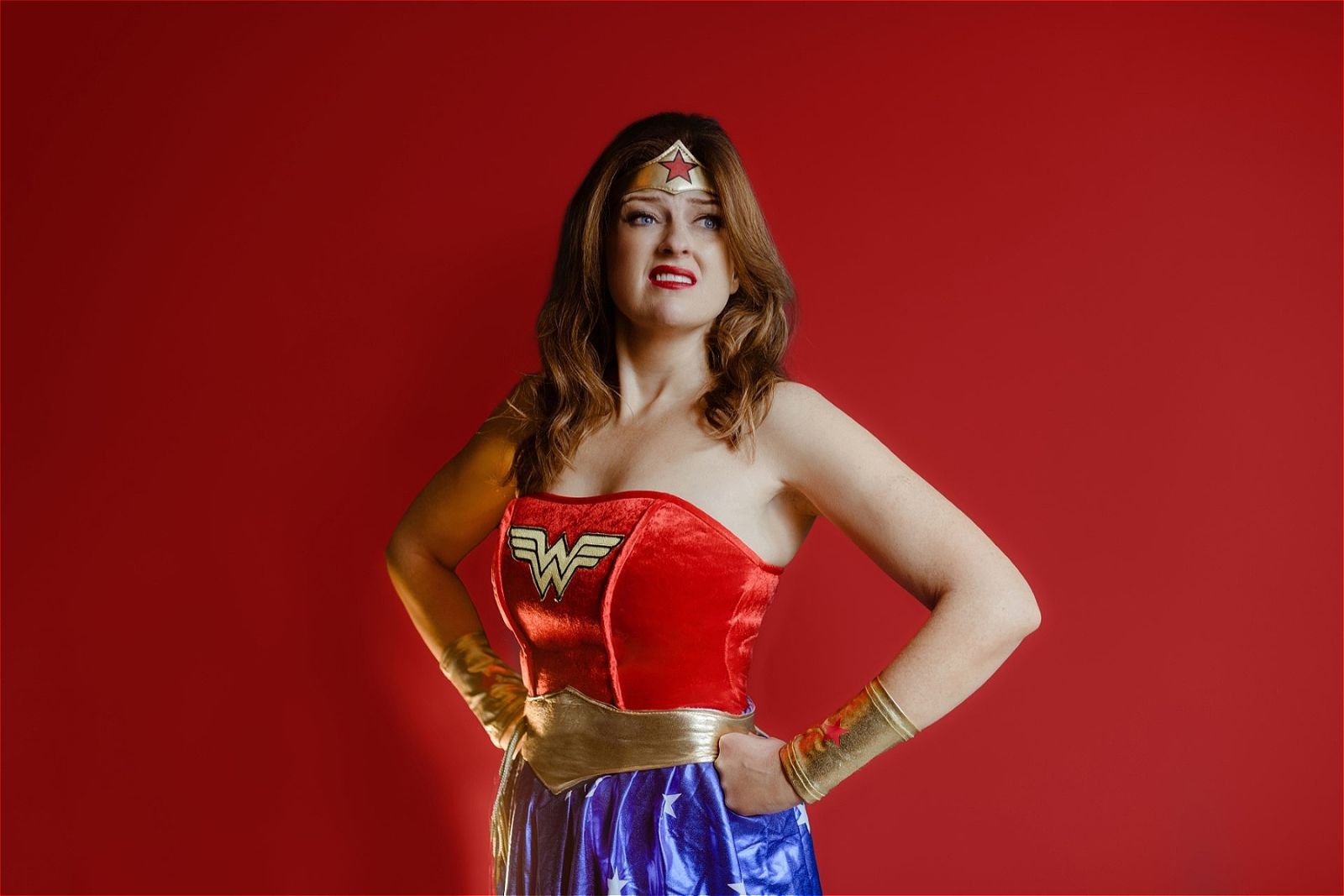Kate Hammer on comedy not yet being a fully welcoming space for women: ‘It’s not a healed community’
After last year’s revelations about Russell Brand, it seemed as though the comedy world was having its own #MeToo moment. We speak to a number of acts at this year’s Glasgow International Comedy Festival and ask whether anything has actually changed to make the circuit a safer space for women

A lot of lip-service has been paid in recent years to rooting out predators in positions of power and stopping workplace abuse. #MeToo was Hollywood’s attempt at this, but seven years on there are persistent criticisms that little progress has been made. With last year’s allegations of assault and abuse against Russell Brand, the comedy world has had its own reckoning with rape culture and sexual predators. Brand’s career may have suffered, but are things any safer on the comedy circuit as a result of these revelations? ‘I do think it’s got better,’ says Glasgow comedian Kate Hammer. ‘With comedians and those in power being held accountable, people have said “this isn’t OK and you shouldn’t be allowed to do these things, no matter how successful you are.” At the same time, that doesn’t mean it’s made comedy a welcoming space. It’s not a healed community.’

Stand-up Amy Matthews has a similar outlook. ‘Comedy clubs on the whole have better safeguarding in place and better policies around workplace conduct. Some do not. Lots of men have a better understanding and awareness about how their behaviour might be construed regardless of what their intentions were. Some do not. Every answer I could give to any question relating to this topic would be an exercise in “fortunately/unfortunately.”’
Steps have certainly been taken to make women feel safer in comedy spaces, most of which tend to be focused on inclusivity. This year, Glasgow International Comedy Festival has been running a new Introduction To Comedy course for women and marginalised genders in the hope of giving them more opportunities. For comedian and television writer Susan Riddell, having more women on a bill is more than inclusive: it’s key to women’s safety. ‘If you have someone there who’s in the same boat as you and who you can talk to about this stuff, then that’s half the battle,’ she asserts. ‘I see a lot of line-ups that still only have one lassie on the bill and there’s not really any excuse for this these days. There are loads of female acts on the Scottish circuit.’
Riddell has also noticed a recent trend of comedy clubs arranging transport for comedians at the end of afternoon shows. ‘It’s great not only because women feel safer getting home but also it can help women with childcare issues. It was one of the reasons Amanda Dwyer and I started the Sunday afternoon show Material, Girl at the Glasgow Stand.’ As Hammer points out, though, ‘safety has a wide range of meanings.’ According to her, it’s the micro-aggressions that are the most harmful in the day-to-day of her career. ‘Obviously with Russell Brand that was physical harassment and abuse and beyond. I don’t think I’ve heard of that here, although I’m still pretty new. The things that you hear are everything around it, like negging or comments like “they only book her because she has big tits.”’

In addition to all this, material threats to women’s safety are still present. Where pre-arranged transport has become common for afternoon shows, late gigs are another matter, with many female comedians being left to arrange their own transport home. For some this can mean a dangerous walk or getting into a car with a stranger. ‘Not everyone has the confidence to walk home at night,’ Hammer says. ‘Do you have to get a cab because night buses either don’t exist, aren’t reliable, or might not be safe in themselves?’
Micro-aggressions and dismissive attitudes towards women create the environments that allow abuse to happen, and as long as these are still a problem, predators will continue to be made and protected. From walking home alone at night to inappropriate jokes and the ever-present idea that females can’t be funny, there is still a long way to go before women can feel truly safe in comedy spaces. But as Matthews points out, these problems are not unique to comedy. ‘This is a world problem. It’s a workplace problem. It’s a predator problem. It’s a rape culture problem.’
Amy Matthews: Commute With The Foxes, Blackfriars, Glasgow, Thursday 14 March; Kate Hammer: Virginal Virgin Stone, McChuills, Glasgow, Tuesday 26 March; Susan Riddell: Wonder Woman, The Stand, Glasgow, Sunday 31 March; all shows at Glasgow International Comedy Festival; main picture: Daryll Buchanan.